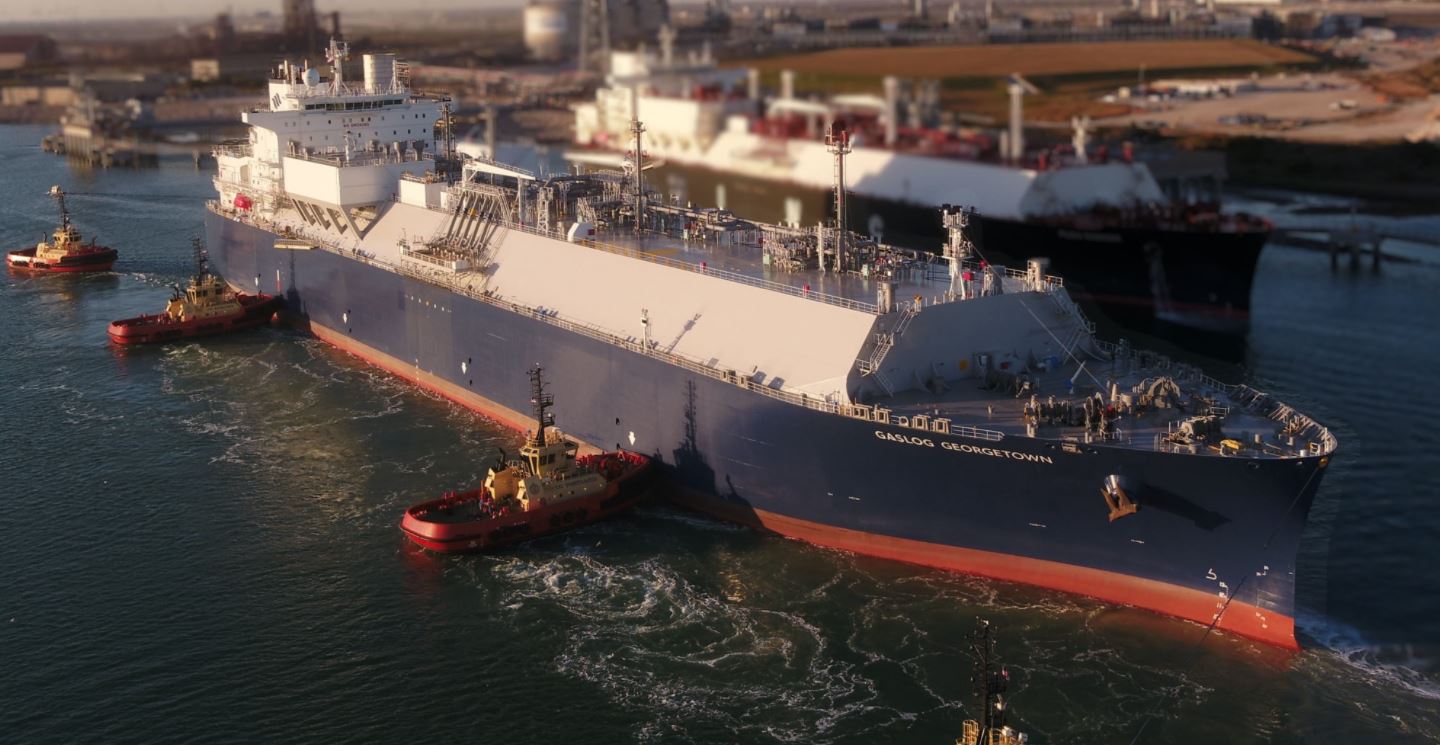The US exported fewer LNG cargoes in the week ending February 17 due to disruptions caused by extreme winter weather conditions and fog, according to the Energy Information Administration.
In the wake of record-low temperatures affecting most of the country, terminals shipped in total eleven LNG cargoes during the week under review, down from nineteen shipments in the week before.
In addition, feed gas deliveries to US LNG export facilities averaged 6.2 Bcf/d, or 4.78 Bcf/d lower than last week because of reductions in pipeline deliveries, EIA said in its weekly natural gas report.
“During the report week, US LNG exports were affected by fog and extreme winter weather conditions that caused suspension of piloting services for several days at ports that serve LNG exports facilities, including Sabine Pass, Lake Charles port (location of Cameron LNG), and Corpus Christi,” EIA said.
Moreover, the Henry Hub spot price rose $19.93 from $3.68/MMBtu last Wednesday to $23.61/MMBtu two days ago, the highest inflation-adjusted price since February 2003, EIA said.
Looking at the weekly shipments in detail, five US terminals dispatched the eleven cargoes during the week of February 11-17. The total capacity of LNG vessels carrying these cargoes is 40 Bcf.
Furthermore, Cheniere’s Sabine Pass plant sent three shipments in the week under review while its Corpus Christi plant dispatched two cargoes.
Cameron also exported three cargoes of the fuel while Freeport shipped two cargoes during the observed week. Cove Point sent one shipment.

